Character Analysis: The Rusted Soul of New Orleans in Bad Lieutenant: Port of Call New Orleans
Werner Herzog’s Bad Lieutenant: Port of Call New Orleans plunges viewers into a post-Katrina purgatory, a city still reeling and a protagonist whose own moral landscape mirrors its devastation. The film is less a police procedural and more a raw, unflinching character study of a man adrift in a sea of pain, addiction, and corruption. At its heart lies a compelling ensemble, each figure reflecting a facet of the city’s bruised but resilient soul.
Terrence McDonagh: The Anti-Hero in Agony
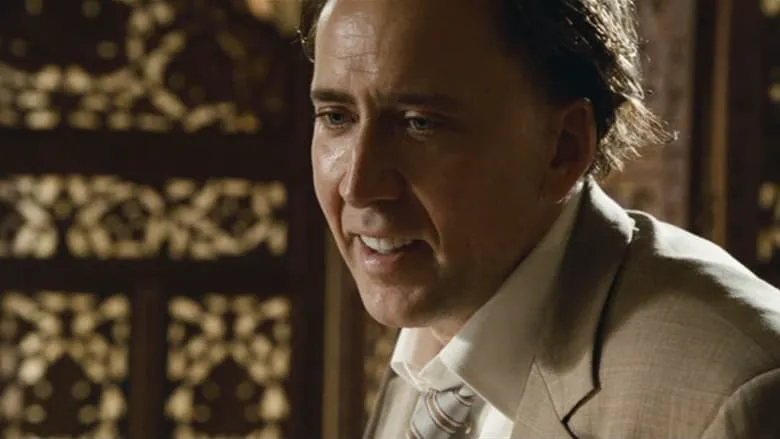
At the nexus of this chaotic narrative is Terrence McDonagh, portrayed with unsettling brilliance by Nicolas Cage. Initially presented as a decorated hero, a sergeant lauded for his bravery during Hurricane Katrina, McDonagh’s “promotion” comes with a debilitating back injury. This physical wound quickly metastasizes into a crippling addiction, transforming a public servant into a man perpetually chasing his next hit of Vicodin.
Cage’s portrayal is a masterclass in controlled chaos. He embodies McDonagh as a man teetering on the precipice, his once-clear moral compass now spinelessly spinning under the influence of narcotics. The pain isn’t just physical; it’s existential. His attempts to solve a brutal murder of an immigrant family are not driven by pure civic duty but become inextricably linked with his personal demons. He exploits his authority, manipulates evidence, and crosses lines that would shatter any semblance of lawfulness, yet there remains a flicker of a twisted form of justice within him. This internal conflict is what makes McDonagh such a compelling, albeit disturbing, figure. He is capable of both profound depravity and surprising acts of loyalty or even righteousness, making him the definitive anti-hero for a city trying to find its footing after disaster.
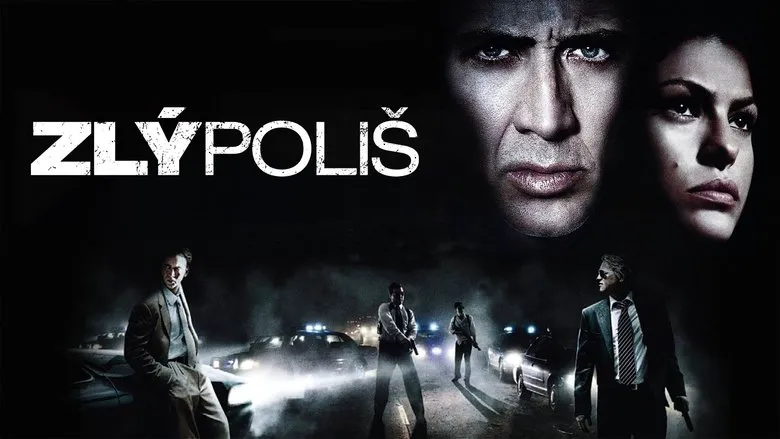
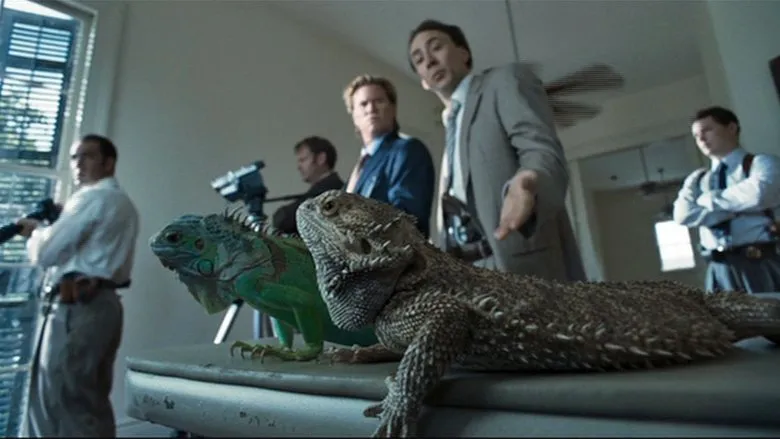
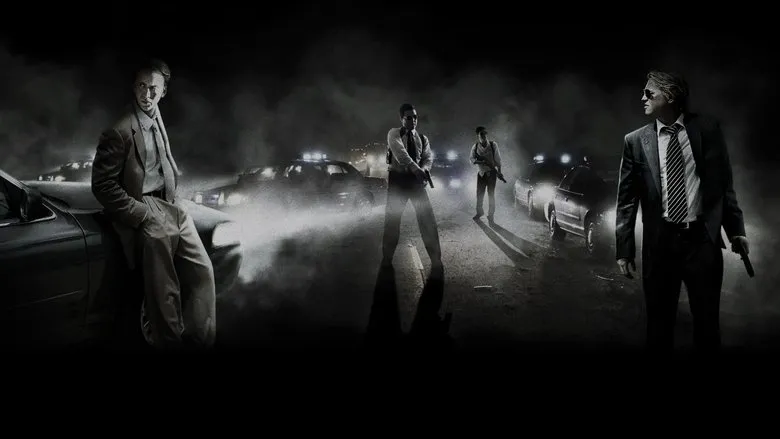
His obsession with the murder case becomes a life raft, a twisted form of redemption he clutches onto amidst his spiraling addiction. It grounds him, paradoxically, in the very world of crime and corruption he nominally fights. Cage’s performance is visceral, embodying the physical and psychological toll of a man desperately trying to outrun his pain while simultaneously diving deeper into the murky waters of New Orleans’ criminal underworld.
Billy Taggart: The Enigmatic Muse
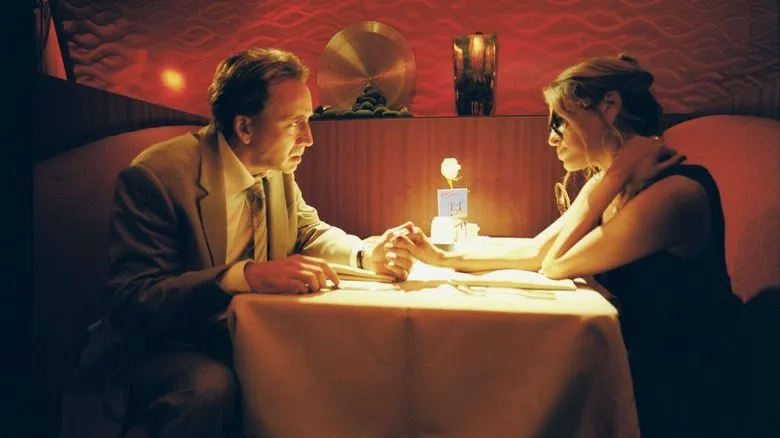
Into McDonagh’s fractured reality walks Billy Taggart, a charming and beautiful prostitute portrayed by Eva Mendes. Billy is more than just a fleeting romantic interest; she is a crucial thread in the tapestry of the city’s underbelly and a catalyst for McDonagh’s deepening entanglement. Her secrets and her own connection to the criminal elements make her a compelling cipher. She embodies the allure and danger that often accompany life on the fringes of society.
McDonagh’s growing obsession with Billy is multilayered. It’s part infatuation, part a desperate attempt to cling to some form of human connection, and part a reflection of his own blurry morality as he delves into her world. Billy represents a different kind of survival in New Orleans, one that forces compromise and resilience. Mendez brings a subdued strength to the role, balancing vulnerability with a street-hardened wisdom that mirrors McDonagh’s own complex nature. Their interactions highlight the thin line between savior and user, love and manipulation, in a city where such distinctions are constantly blurred.

Frankie: The Echo of a Lost Life
McDonagh’s estranged wife, Frankie, played by Jennifer Laden, serves as a poignant reminder of the normalcy he has forfeited. She struggles desperately to cope with his addiction and its devastating impact on their young son. Frankie represents the collateral damage of McDonagh’s choices, the human cost of his descent. Her pain and disillusionment underscore the profound self-destruction that Terrence is inflicting not just upon himself, but upon those closest to him. While her screen time may be limited, her presence resonates as a grounding force, highlighting the domestic wreckage left in the wake of Terrence’s spiraling addiction and morally ambiguous crusade.
New Orleans: The City as a Character
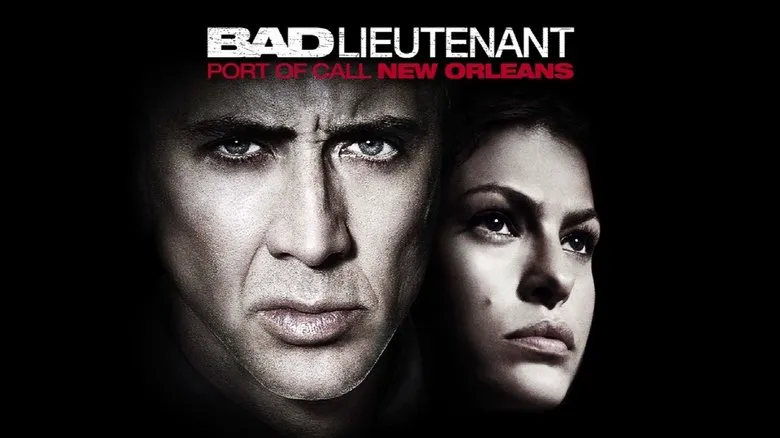
Beyond the individual characters, the city of New Orleans itself stands as a powerful, living entity in the film. Shot on location in the raw aftermath of Hurricane Katrina, the city is a tangible embodiment of decay, desperation, and a fragile beauty. Its ravaged streets and waterlogged landscapes mirror McDonagh’s internal state—broken, searching for redemption, but undeniably resilient. The film uses the city’s plight to amplify McDonagh’s moral decay and his desperate search for meaning. The jazz-infused streets, the shadows of impoverished neighborhoods, and the pervasive sense of lingering disaster all contribute to an atmosphere that is both captivating and profoundly unsettling. New Orleans is not merely a backdrop; it is a character whose wounds parallel Terrence’s, creating a powerful, symbiotic relationship between man and environment.
Ultimately, Bad Lieutenant: Port of Call New Orleans delivers a searing character study, anchored by Nicolas Cage’s audacious performance. The film’s characters, each marred by the city’s scars, collectively paint a bleak yet mesmerizing portrait of survival, desperation, and the elusive nature of redemption in a world where the lines between good and evil have been washed away by the storm.